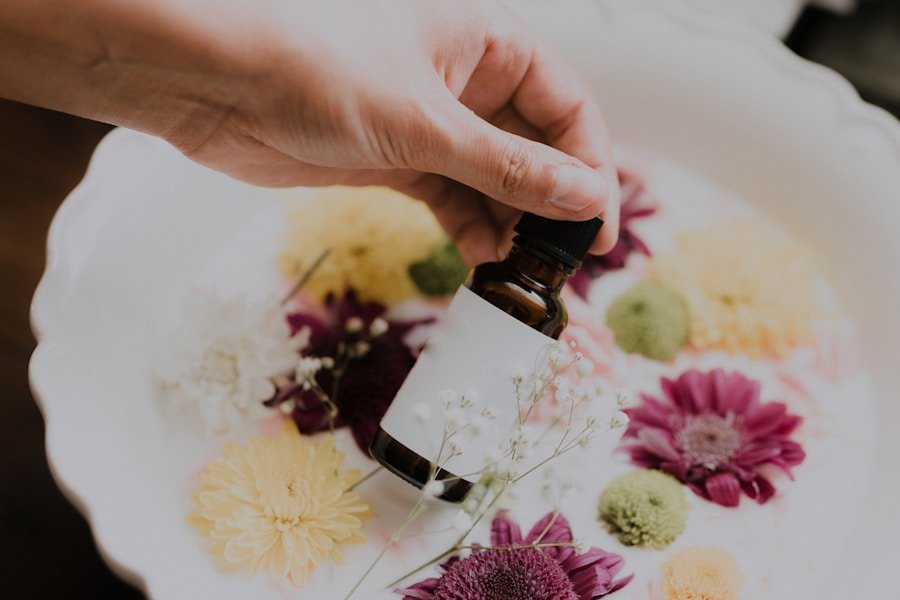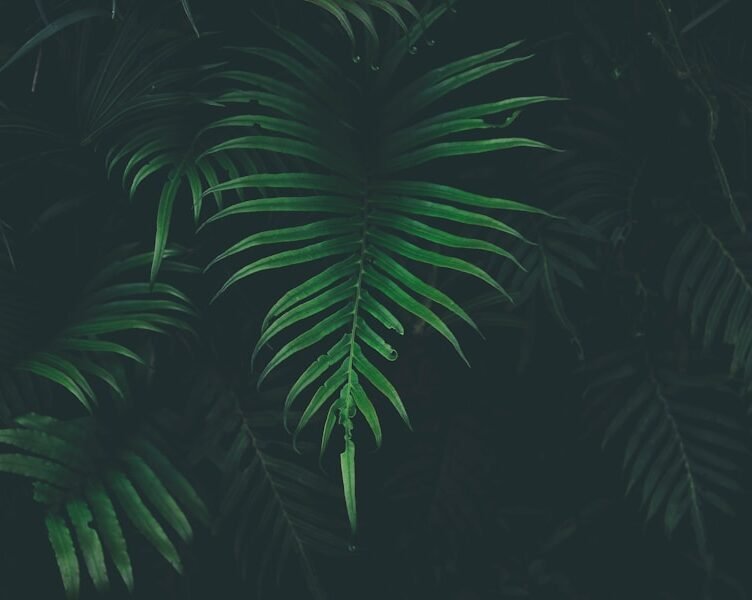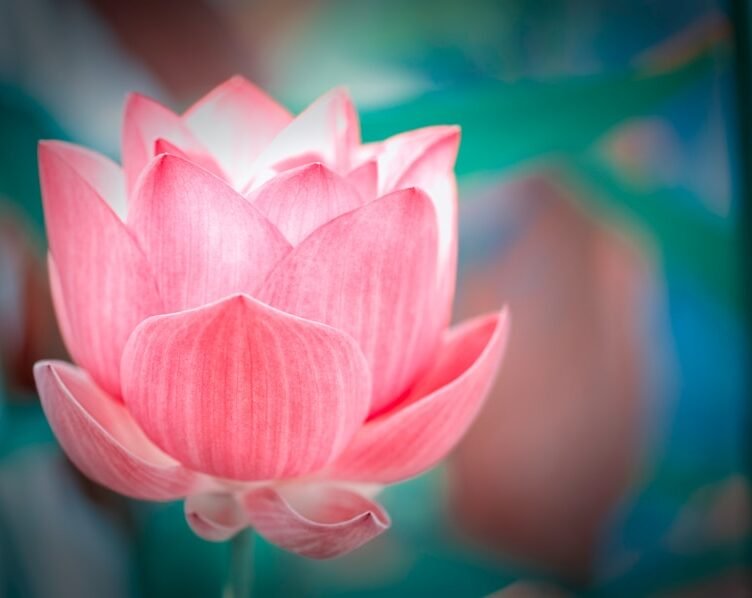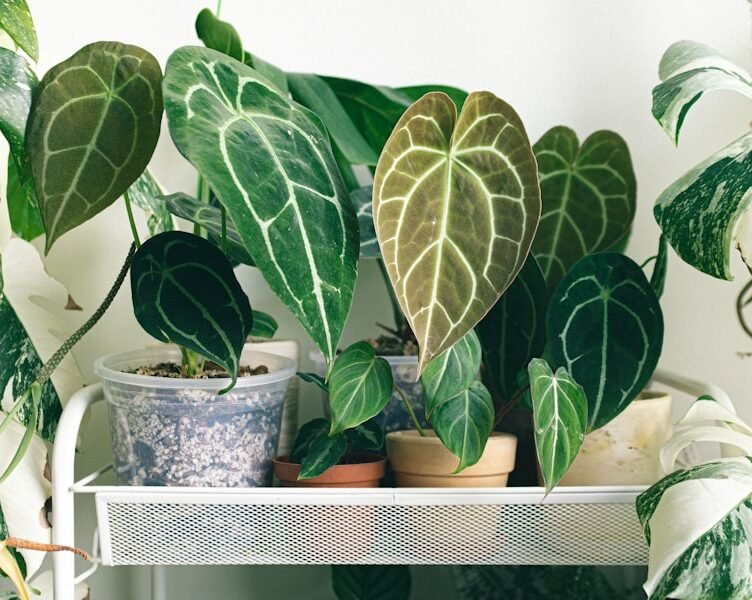Pest control on low-light indoor plants poses a significant challenge. The limited natural light weakens the plants, making them more vulnerable to pest infestations. Furthermore, the indoor environment lacks natural predators that would normally regulate pest populations in outdoor settings.
As a result, pests such as aphids, spider mites, and mealybugs can rapidly multiply and cause damage to the plants if left unchecked. Conventional chemical pest control methods may not be suitable for low-light plants, as they can further stress the already weakened plants. Therefore, it is essential to explore natural and effective remedies for pest control that are safe for low-light indoor plants.
Key Takeaways
- Natural remedies can effectively control pests on low-light indoor plants
- Understanding the challenges of pest control on low-light indoor plants is important for effective management
- There are various natural pest control options available for low-light indoor plants
- Using natural remedies for pest control has multiple benefits for both plants and the environment
- Common pests on low-light indoor plants can be controlled using natural methods, and prevention is key for successful pest management
Exploring natural pest control options for low-light indoor plants
Neem Oil: A Natural Insecticide
One popular method for natural pest control is using neem oil, which is derived from the seeds of the neem tree. Neem oil is known for its insecticidal properties and can effectively control pests such as aphids, spider mites, and mealybugs.
Insecticidal Soap: A Gentle yet Effective Remedy
Another natural remedy is using insecticidal soap, which is made from natural ingredients and is safe to use on low-light plants. Insecticidal soap works by suffocating the pests and is effective against soft-bodied insects like aphids and spider mites.
Introducing Beneficial Insects for Pest Control
Additionally, introducing beneficial insects such as ladybugs or predatory mites can help control pest populations on low-light indoor plants. This method is a natural and environmentally friendly way to maintain a healthy and pest-free indoor garden.
The benefits of using natural remedies for pest control
Using natural remedies for pest control on low-light indoor plants offers several benefits. Firstly, natural remedies are safer for the plants, as they do not contain harsh chemicals that can further stress the already weakened plants. They are also safer for the environment and for those who may come into contact with the plants.
Natural remedies are also effective at controlling pests without causing harm to beneficial insects or other wildlife. Additionally, using natural remedies can help reduce the risk of pesticide resistance in pests, as they are less likely to develop resistance to natural compounds compared to synthetic chemicals. There are several benefits to using natural remedies for pest control on low-light indoor plants.
Firstly, natural remedies are safer for the plants, as they do not contain harsh chemicals that can further stress the already weakened plants. They are also safer for the environment and for those who may come into contact with the plants. Natural remedies are also effective at controlling pests without causing harm to beneficial insects or other wildlife.
Additionally, using natural remedies can help reduce the risk of pesticide resistance in pests, as they are less likely to develop resistance to natural compounds compared to synthetic chemicals.
Common pests and their natural control methods for low-light indoor plants
| Pest Control Method | Effectiveness | Cost |
|---|---|---|
| Neem Oil | High | Low |
| Diatomaceous Earth | Medium | Low |
| Soap Spray | Low | Low |
| Garlic Spray | Medium | Low |
Common pests that can infest low-light indoor plants include aphids, spider mites, and mealybugs. Aphids are small insects that feed on plant sap and can cause damage to the leaves and stems of the plant. To control aphids naturally, one can use neem oil or insecticidal soap.
Spider mites are another common pest that thrive in low-light conditions and can cause damage by sucking the sap from the plant’s leaves. Neem oil and predatory mites are effective natural control methods for spider mites. Mealybugs are small, soft-bodied insects that feed on plant sap and produce a white, waxy substance that can cover the plant.
Insecticidal soap or neem oil can be used to control mealybug infestations on low-light indoor plants. Common pests that can infest low-light indoor plants include aphids, spider mites, and mealybugs. Aphids are small insects that feed on plant sap and can cause damage to the leaves and stems of the plant.
To control aphids naturally, one can use neem oil or insecticidal soap. Spider mites are another common pest that thrive in low-light conditions and can cause damage by sucking the sap from the plant’s leaves. Neem oil and predatory mites are effective natural control methods for spider mites.
Mealybugs are small, soft-bodied insects that feed on plant sap and produce a white, waxy substance that can cover the plant. Insecticidal soap or neem oil can be used to control mealybug infestations on low-light indoor plants.
Tips for preventing pests on low-light indoor plants using natural remedies
Preventing pests on low-light indoor plants using natural remedies involves several key practices. Firstly, it is important to regularly inspect the plants for signs of pest infestations so that action can be taken promptly. Keeping the plants well-watered and properly fertilized can also help strengthen them against pest attacks.
Additionally, maintaining good air circulation around the plants and regularly cleaning their leaves can help prevent pest infestations. Introducing beneficial insects such as ladybugs or predatory mites can also help keep pest populations in check on low-light indoor plants. Preventing pests on low-light indoor plants using natural remedies involves several key practices.
Firstly, it is important to regularly inspect the plants for signs of pest infestations so that action can be taken promptly. Keeping the plants well-watered and properly fertilized can also help strengthen them against pest attacks. Additionally, maintaining good air circulation around the plants and regularly cleaning their leaves can help prevent pest infestations.
Introducing beneficial insects such as ladybugs or predatory mites can also help keep pest populations in check on low-light indoor plants.
Integrating natural pest control into a low-light indoor plant care routine
Choosing the Right Natural Remedies
The first step is to choose the right natural remedies based on the specific pests that are common in low-light conditions. Regularly applying these natural remedies as a preventive measure can help keep pest populations in check.
Monitoring for Pest Infestations
It is also important to monitor the plants closely for any signs of pest infestations so that action can be taken promptly if needed.
Maintaining a Healthy Growing Environment
Additionally, maintaining a healthy growing environment for the plants through proper watering, fertilization, and pruning can help prevent pest infestations from occurring in the first place. This includes ensuring the soil is well-draining, providing adequate nutrients, and pruning plants to promote healthy growth and air circulation.
Considerations for using natural remedies to control pests on low-light indoor plants
When using natural remedies to control pests on low-light indoor plants, there are several considerations to keep in mind. Firstly, it is important to carefully follow the instructions for any natural remedies used to ensure their effectiveness and safety for the plants. It is also important to consider the specific needs of each plant species when choosing natural pest control methods, as some may be more sensitive to certain remedies than others.
Additionally, it is important to be patient when using natural remedies for pest control, as they may take some time to show results compared to synthetic chemicals. When using natural remedies to control pests on low-light indoor plants, there are several considerations to keep in mind. Firstly, it is important to carefully follow the instructions for any natural remedies used to ensure their effectiveness and safety for the plants.
It is also important to consider the specific needs of each plant species when choosing natural pest control methods, as some may be more sensitive to certain remedies than others. Additionally, it is important to be patient when using natural remedies for pest control, as they may take some time to show results compared to synthetic chemicals. In conclusion, controlling pests on low-light indoor plants using natural remedies presents its own set of challenges and considerations.
However, with proper understanding of these challenges and exploration of suitable natural pest control options, it is possible to effectively manage pest infestations while keeping the plants healthy and safe from harm. By integrating natural pest control into a care routine for low-light indoor plants and following best practices for prevention and treatment, it is possible to enjoy thriving indoor greenery without the need for harsh chemicals or synthetic pesticides. With careful consideration and dedication to using natural remedies, it is possible to create a healthy and sustainable environment for low-light indoor plants free from harmful pests.
FAQs
What are natural remedies for controlling pests on low-light indoor plants?
Some natural remedies for controlling pests on low-light indoor plants include neem oil, insecticidal soap, and diatomaceous earth. These remedies are effective in controlling pests such as aphids, spider mites, and mealybugs.
How does neem oil work as a natural pest control for indoor plants?
Neem oil works as a natural pest control for indoor plants by disrupting the feeding and reproductive behavior of pests. It also acts as a repellent and suffocates the pests, ultimately leading to their elimination.
What is insecticidal soap and how does it help in controlling pests on indoor plants?
Insecticidal soap is a natural pest control solution made from potassium salts of fatty acids. It works by disrupting the cell membranes of pests, leading to dehydration and ultimately their elimination. It is effective against soft-bodied pests such as aphids, mealybugs, and spider mites.
How can diatomaceous earth be used to control pests on low-light indoor plants?
Diatomaceous earth is a natural pest control remedy that is made from the fossilized remains of diatoms. It works by physically damaging the exoskeleton of pests, leading to dehydration and death. It is effective against a wide range of pests including ants, cockroaches, and beetles.






